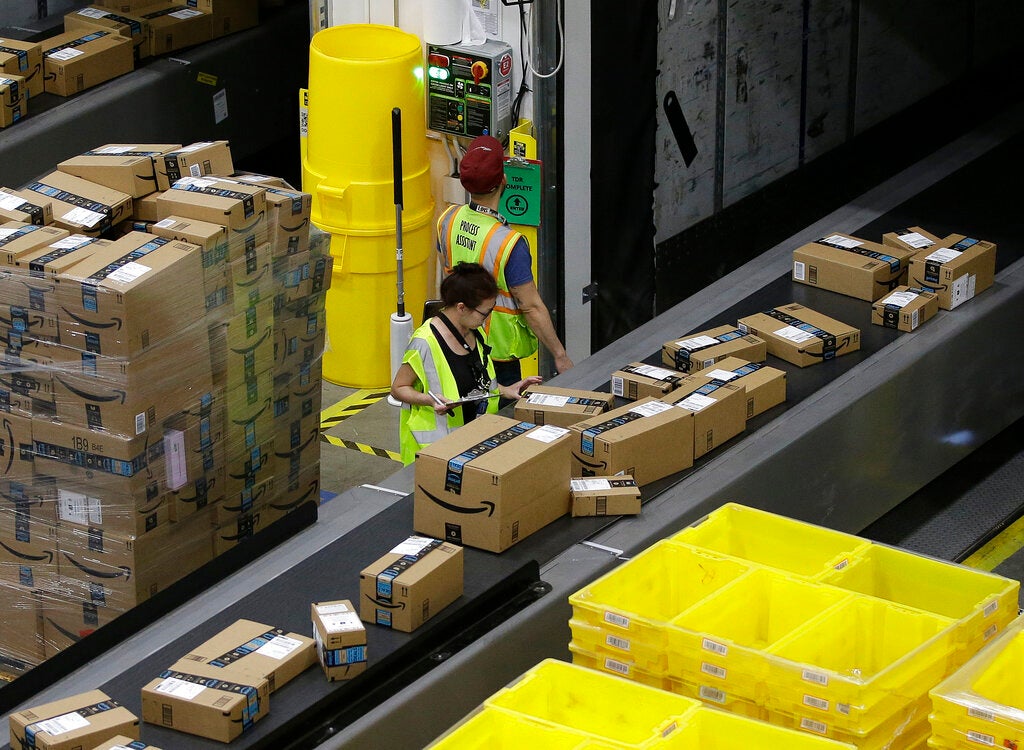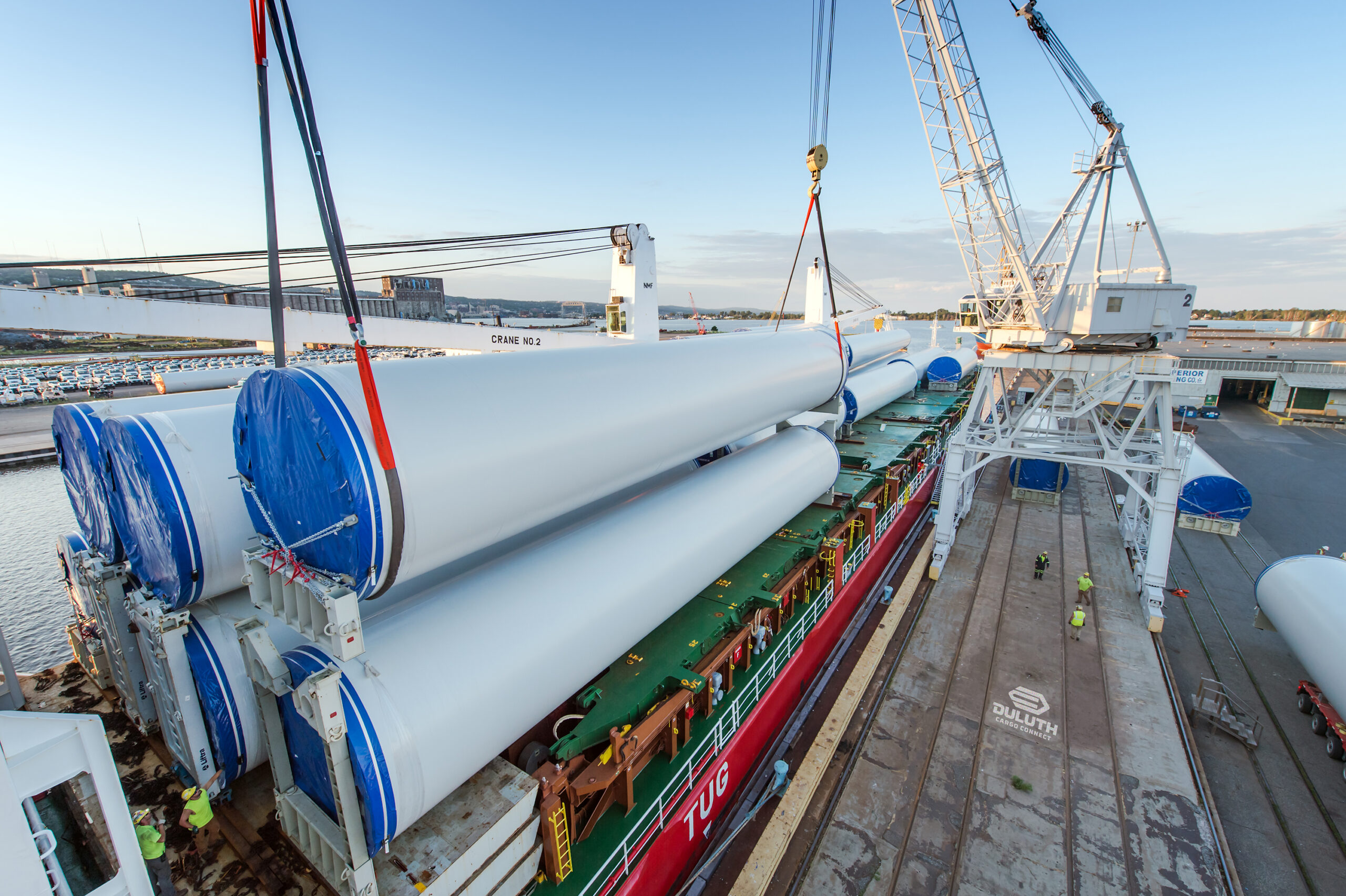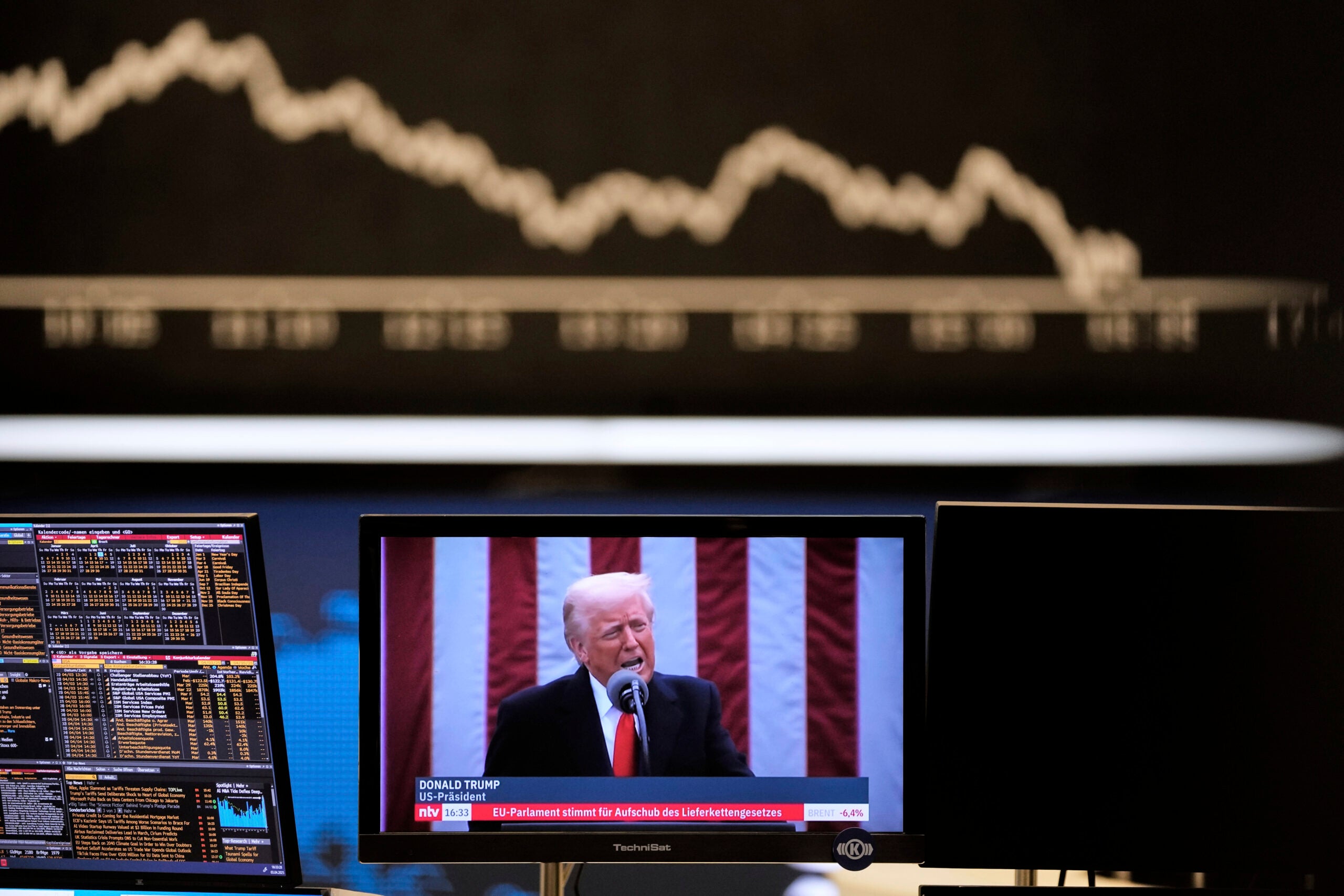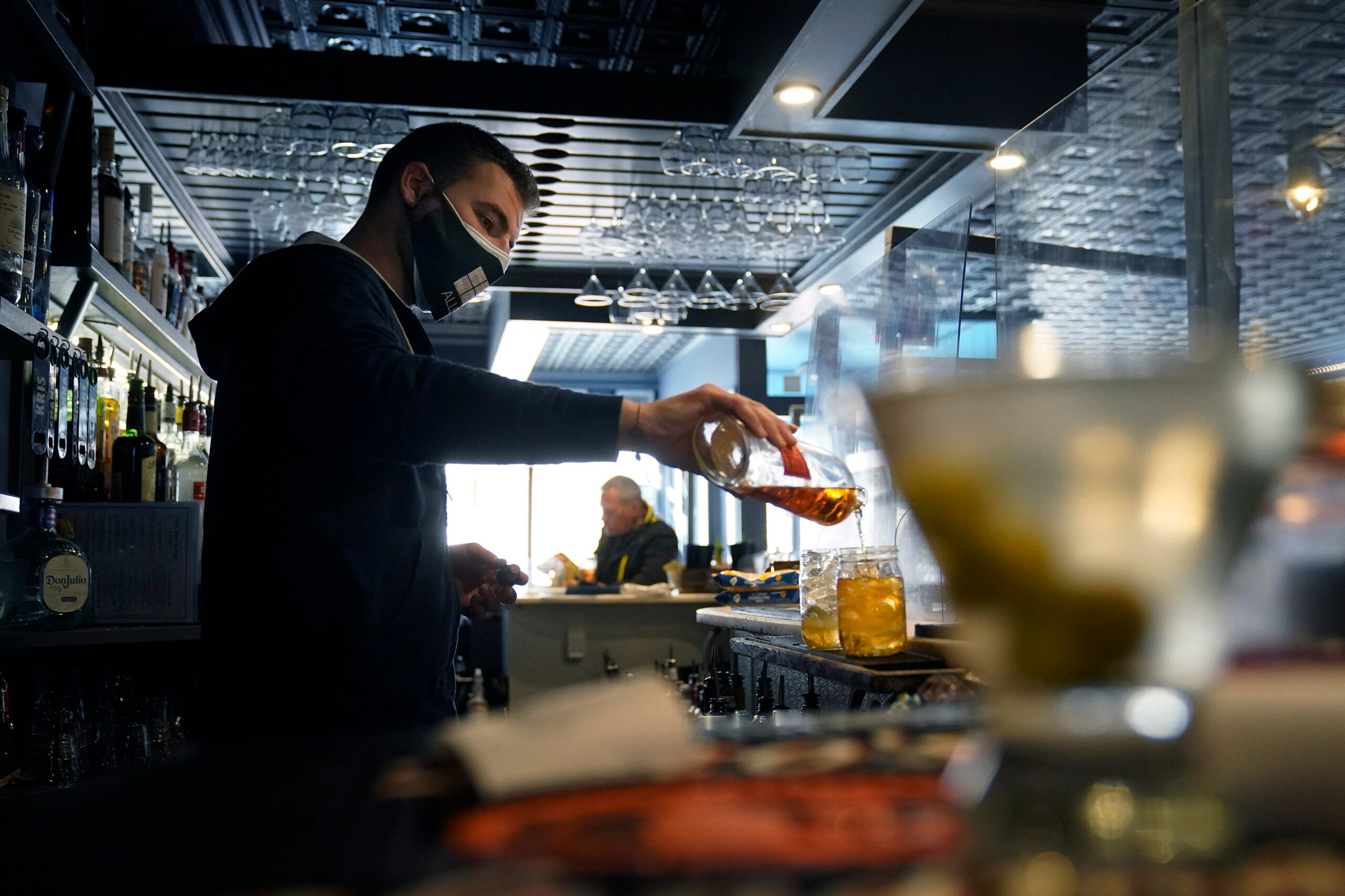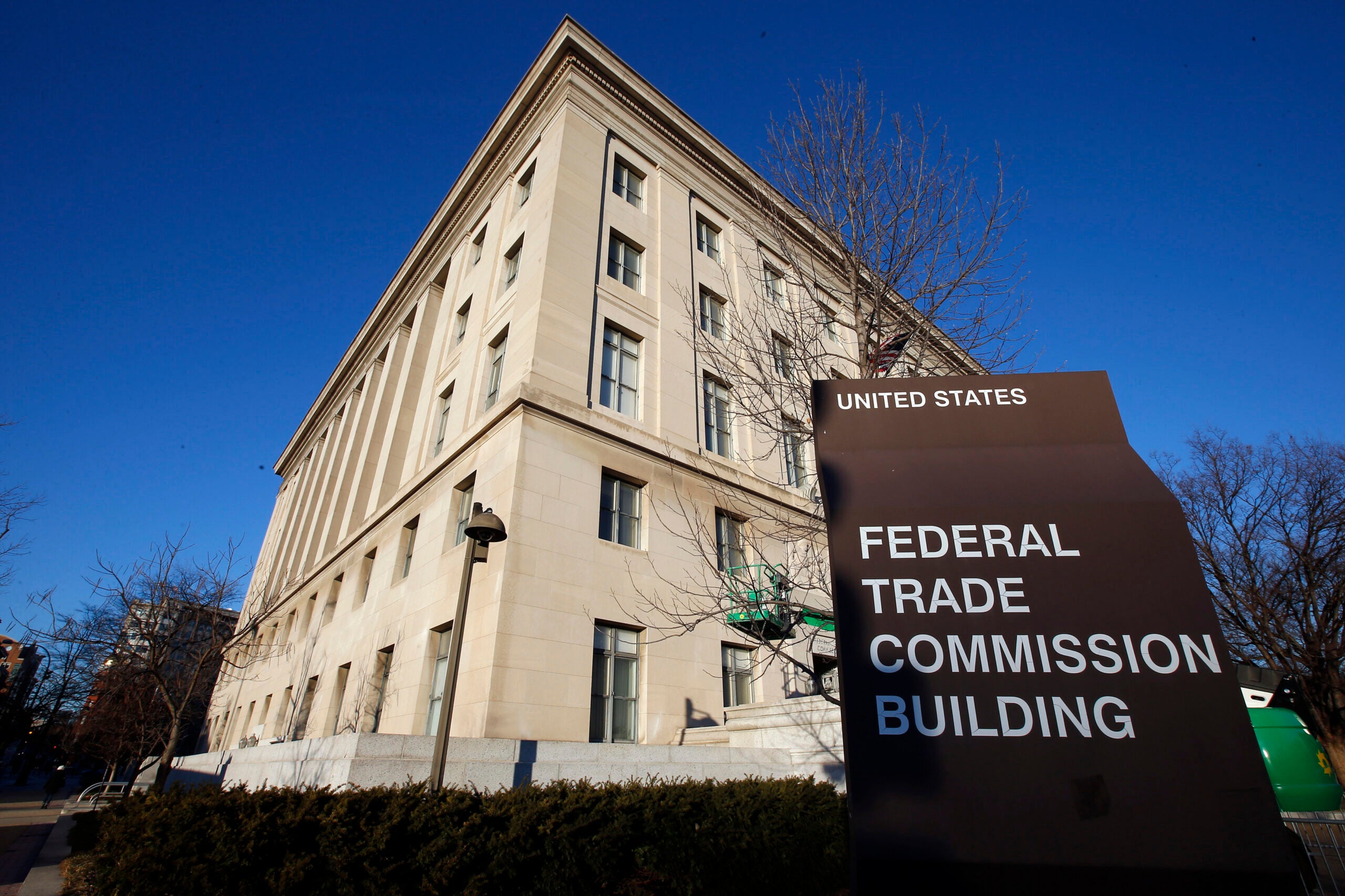Wisconsin recently joined 16 other states and the Federal Trade Commission in suing Amazon for using unfair strategies to maintain monopoly power, as the company continues to expand its presence in the state.
A few weeks before Wisconsin joined the suit, it was revealed that Amazon would build a new distribution center in Weston, near Wausau. The center will provide up to 100 jobs to the community.
The lawsuit and Weston announcement come as Amazon has faced criticism in recent years for unsafe working conditions at its warehouses.
Stay informed on the latest news
Sign up for WPR’s email newsletter.
Since 2010, the company says it has invested $9.5 billion in Wisconsin on infrastructure and employee compensation, creating 12,000 full- and part-time jobs in the state.
The company’s main investments in Wisconsin include six fulfillment and sorting centers, 10 delivery stations, three Whole Foods Market locations, one Amazon Hub Locker+ location and two Prime Now fulfillment centers, according to a spokesperson.
The facility in Weston will be part of the company’s “last mile network,” and will help ensure products with one- or two-day delivery make it to their destinations at the expected time, according to Jason Vangalis, Economic Development Policy manager at Amazon.
“Last mile facilities are really designed to bring the package to the customer,” he said. “They don’t store any product, it’s all going to be packaged up and ready to go. There’s a label printed on it, and then the drivers will take the packages and deliver them to the customer.”
Vangalis said Amazon’s investments in the state — from Weston in central Wisconsin to Greenville in the Fox Valley and Kenosha in southeast Wisconsin — are designed to help the company deliver for its customers.
“That investment is strategic because it helps not only fulfill our expectations and promises to our customers here in Wisconsin, but throughout the Midwest, and really throughout the country,” he said. “It’s really about making sure that we’re keeping our commitment to customers and the investment that they make in us with Prime.”
State DOJ, federal government sue Amazon
However, the state Department of Justice, or DOJ, and the Federal Trade Commission, or FTC, say Amazon’s unfair strategies stop rivals and sellers from lowering prices. They say that degrades quality for shoppers, overcharges sellers, stifles innovation and prevents competition.
In a statement, Wisconsin Attorney General Josh Kaul said the lawsuit against Amazon aims to protect competition and hold the company accountable for any harm caused.
“Wisconsin DOJ is committed to protecting Wisconsinites’ pocketbooks, including by taking action when a company with monopoly power blocks competition, leading to higher prices for customers,” Kaul said. “We look forward to continuing to work with the FTC and this bipartisan group of Attorneys General’s offices.”
In a post on the company’s website, David Zapolsky, senior vice president of Global Public Policy and general counsel for Amazon, said the lawsuit could lead to higher prices and slower deliveries.
“We respect the role the FTC has historically played in protecting consumers and promoting competition,” Zapolsky wrote. “Unfortunately, it appears the current FTC is radically departing from that approach, filing a misguided lawsuit against Amazon that would, if successful, force Amazon to engage in practices that actually harm consumers and the many businesses that sell in our store.”
Eugene Kim, chief tech correspondent for Business Insider, recently spoke to Wisconsin Public Radio’s The Morning Show about Amazon’s business practices. He said the FTC is alleging Amazon artificially keeps prices high by using anti-discounting measures.
“They basically punish (independent) sellers who offer lower prices on another online marketplace, places like Walmart, for example,” he said. “If someone sells the same pen at a lower price on Walmart, that product on Amazon gets buried and basically loses all sales on Amazon.”
Those independent sellers — typically small- and medium-sized businesses — make up nearly 60 percent of Amazon’s sales, according to Vangalis.
Kim also said the FTC suit alleges those sellers cannot drop their prices on Amazon because it’s expensive to sell on the platform. He said they have to use Amazon’s storage and delivery network and buy advertising on the platform.
“The FTC estimates almost half of the sellers’ revenue goes to Amazon,” Kim said. “But the sellers have no choice but to sell on Amazon, because it’s the biggest ecommerce platform in the U.S.”
Amazon also faces allegations of unsafe working conditions
Despite the suit, Amazon says its Wisconsin investments have had a positive impact, adding $8.5 billion to the state’s gross domestic product and creating thousands of jobs.
“The jobs that we provide really kind of range,” Vangalis said. “The vast majority are going to be entry level positions that don’t necessarily have a high barrier to entry, but provide a tremendous amount of opportunity for movement, both within the company and externally.”
He also said the company has a program that helps employees explore educational opportunities after 90 days with the company. Those can include General Educational Development tests, certificate programs or even a bachelor’s degree.
Despite those perks, Amazon’s workplace safety has come under fire this year. In February, the Occupational Safety and Health Administration, or OSHA, issued citations at three Amazon warehouses in Colorado, Idaho and New York for failing to keep workers safe and exposing employees to hazards.
“Fairly or not, Amazon has a reputation of having a tough workplace culture,” Kim said. “They’re very data centric. They track every performance metric possible. And many workers say it’s stressful to work there, both on the corporate side and for the frontline workers at these warehouses.”
In a statement, Amazon spokesperson Maureen Lynch Vogel said the company disagrees with OSHA’s characterization of safety at it sites, and the company appealing the citations. She said Amazon is making progress to improve workplace safety.
“We take the safety and health of our employees very seriously, and we’re encouraged by the progress we’re making,” she said. “Since 2019, we’ve improved our recordable incident rate in the U.S. by 23 percent and cut the rate of injuries that require time away from work by more than half.”
Kim said allegations about Amazon’s workplace have led to multiple lawsuits and negative news reports highlighting “grueling working conditions.” Most notably, he said some warehouse employees reported not having time to take bathroom breaks and delivery drivers reported urinating in water bottles.
“These are all major problems facing Amazon, but — depending on who you ask — there are people who like this cutthroat, performance-driven culture,” Kim said. “To be honest, just looking at Amazon’s performance, their business results, there’s no question that whatever Amazon is doing, it’s working very well.”
Wisconsin Public Radio, © Copyright 2025, Board of Regents of the University of Wisconsin System and Wisconsin Educational Communications Board.
